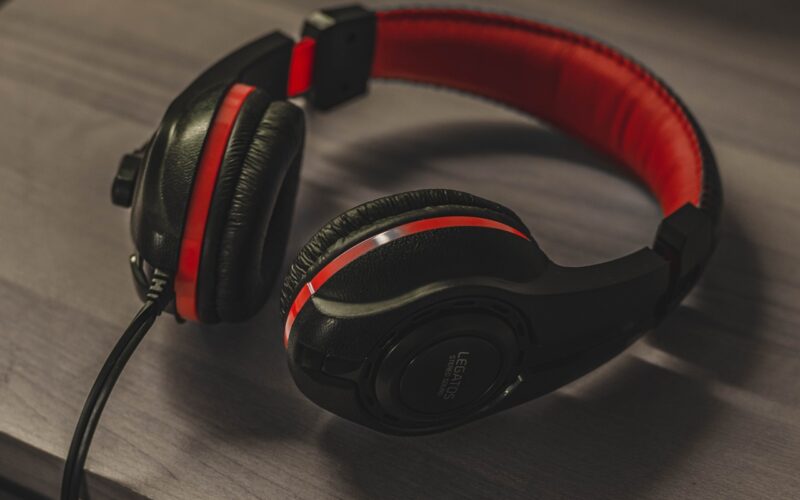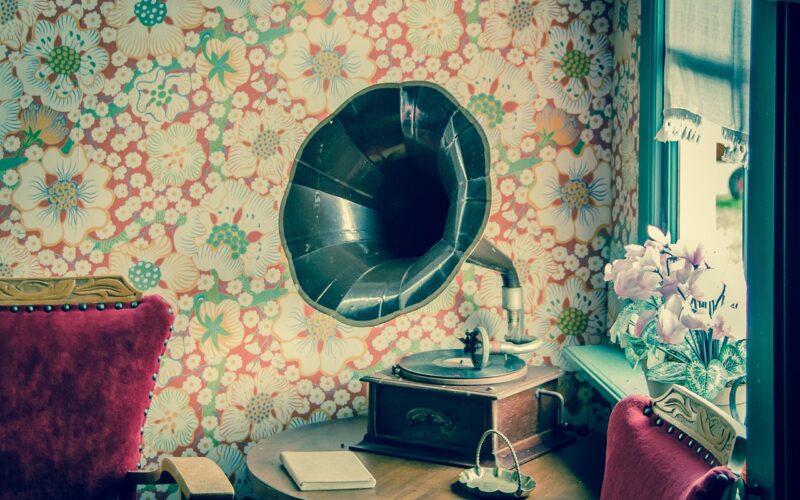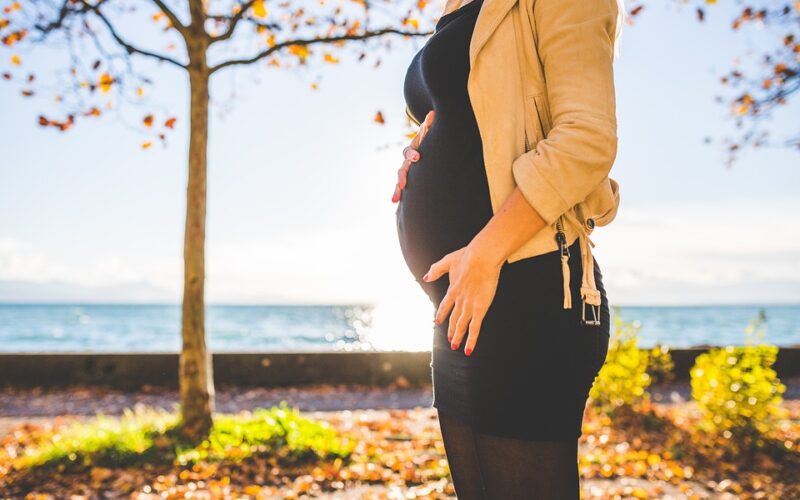Avoiding All The Noise
Exposure to high levels of noise is a common reality in today's bustling world, from the constant hum of traffic to the blaring music at concerts. However, this exposure can have significant implications for our hearing health. Understanding the connection between loud noise and hearing loss is crucial for taking preventative measures and maintaining long-term auditory wellness.
The science of hearing loss
Hearing loss occurs when there's damage to any part of the ear, especially the delicate hair cells in the inner ear known as the cochlea. These cells are vital as they convert sound vibrations into electrical signals that the brain interprets as sound. Prolonged exposure to loud noise can damage these hair cells, leading to permanent hearing impairment. Once these cells are destroyed, they cannot regenerate, making hearing loss irreversible.
Decibels and danger zones
Sound is measured in decibels (dB), and prolonged exposure to sounds at or above 85 dB can lead to hearing damage. To put this in perspective, normal conversation occurs at around 60 dB, while a rock concert can reach levels above 110 dB. Many people are unaware that everyday environments such as busy streets, construction sites, or even their favourite music played too loudly through headphones can expose them to harmful noise levels. Consistent exposure to these sounds can necessitate frequent ear wax removal as a routine check-up, but more importantly, preventive measures should be prioritised.
The role of ear wax and hearing protection
Ear wax, or cerumen, plays a crucial role in protecting our ears from dust, debris, and potential infections. However, high noise levels can exacerbate wax build-up, potentially leading to blockages that affect hearing. Regular ear wax removal can help maintain optimal ear health, especially for those frequently exposed to loud environments. Additionally, using hearing protection like earplugs or noise-cancelling headphones can greatly reduce the risk of noise-induced hearing loss. These tools are essential for safeguarding your auditory senses against excessive noise exposure.
Importance of regular hearing tests
Given the irreversible nature of noise-induced hearing loss, regular hearing tests become imperative. Audiologists can help detect early signs of hearing impairment, allowing individuals to take corrective actions before significant damage occurs. Routine check-ups provide an opportunity to assess any changes in hearing ability and ensure that protective measures are effectively preserving hearing health. Engaging with professionals through regular hearing tests empowers individuals to proactively manage their auditory well-being.
Prevention and lifestyle adjustments
Preventing noise-induced hearing loss involves a combination of awareness and proactive lifestyle changes. Being mindful of noise levels in various settings and reducing exposure to loud environments are foundational steps. It's equally important to be aware of the volume at which personal audio devices are being used. Limiting the time spent in noisy settings, taking breaks from loud activities, and seeking quieter alternatives can significantly reduce the risk of hearing damage. Prioritising these adjustments can contribute to sustained auditory health over time.
Consulting an audiologist
If you're experiencing any signs of hearing loss or have concerns about your auditory health, consulting an audiologist Cheadle is a wise decision. These professionals specialise in diagnosing and managing hearing disorders. They can provide tailored advice on hearing protection, recommend appropriate a hearing test Cheadle, and offer solutions for any identified hearing issues. Engaging with an audiologist ensures you receive expert guidance on preserving and enhancing your auditory function.
While exposure to loud noise is often unavoidable in modern life, understanding its impact on hearing health is vital. Regular ear wax removal Cheadle , hearing tests, and consulting with an audiologist are essential steps in maintaining optimal auditory wellness. By taking proactive measures and seeking professional guidance, individuals can effectively protect their hearing, ensuring a lifetime of clear and vibrant sound.












